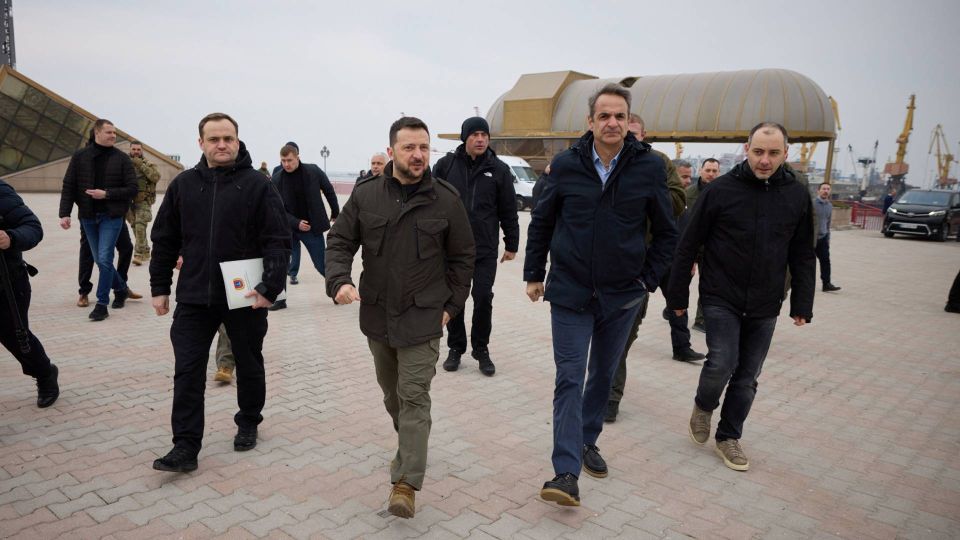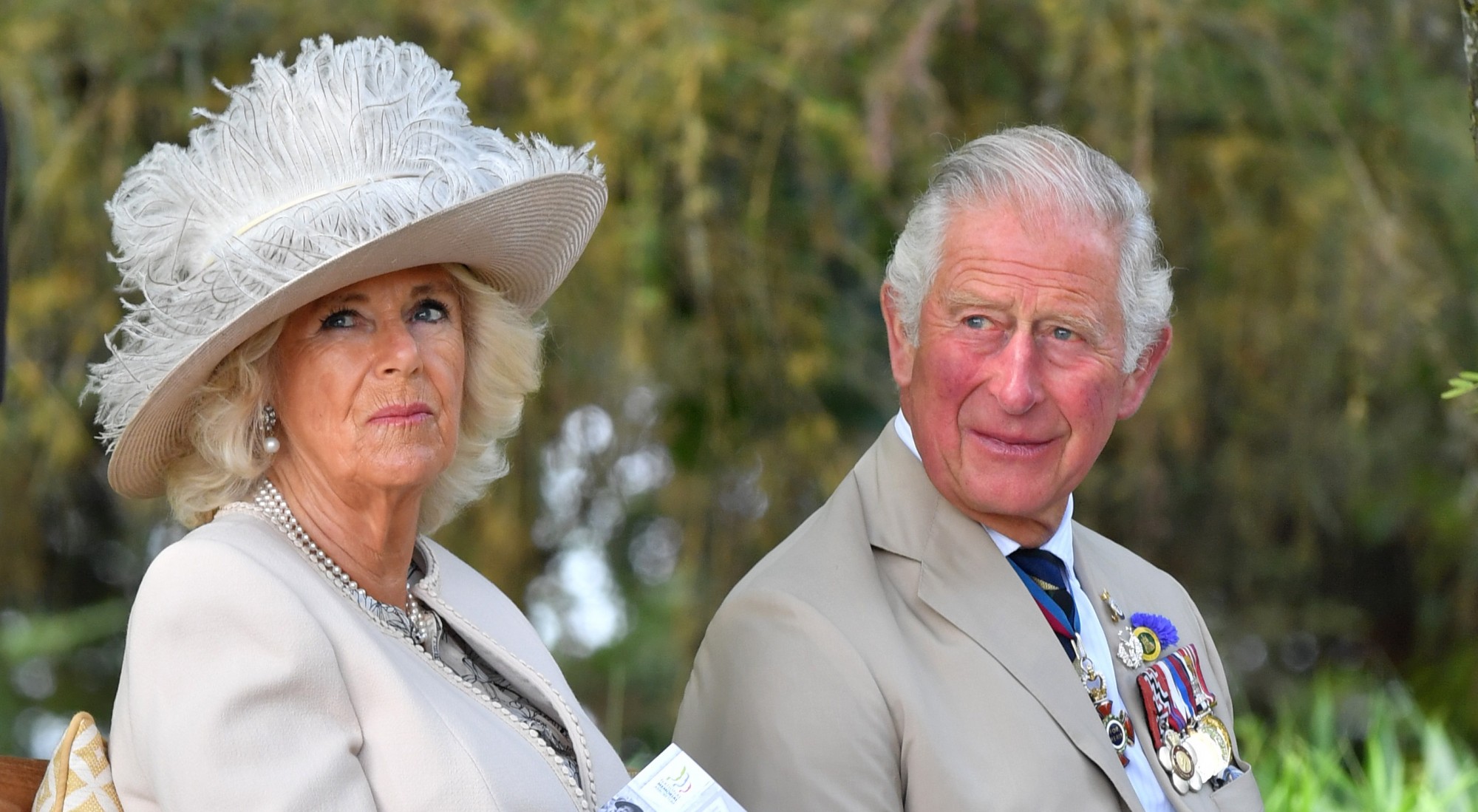Scott Morrison urges Australian citizens in Ukraine to leave immediately as Russia conflict looms


Scott Morrison says Australian citizens in Ukraine should leave the country as soon as possible as the situation there is increasingly dangerous.
“Our advice is clear, this is a dangerous situation … you should seek to make your way out of Ukraine,” the Australian prime minister said in Sydney on Saturday.
He said the federal government had begun warning Australians in the troubled eastern European nation to “put themselves in a position of safety” late last year.
“We have continued that well into last month and it has been a clear message for some time now that Australians in Ukraine should be seeking to get out of the country.”Advertisement
The prime minister said the government’s advice was “very clear”.
His comments come after the US Secretary of State, Antony Blinken, who left Australia on Saturday, said Russia could invade Ukraine at any time and the US and other countries urged their citizens to leave.
Following talks as part of the Quad strategic partnership, Blinken said the US would maintain its dual-track approach to Russia and the forces it has amassed at the border “unprovoked”.
That strategy involved the US keeping diplomatic dialogue open, while also building deterrences and defences if Russia chooses to invade.
“[We’ve been] making it clear to Russia that if it chooses the path of renewed aggression, it will face massive consequences,” Blinken said on Friday.
An estimated 4,000 foreign fighters, including Australians, have joined Ukraine’s militias and regular armed forces. Numbers are likely to increase if Russia invades.
Blinken said what happens in Ukraine matters in Australia and the Indo-Pacific region, in an apparent reference to China.
“What’s at stake is not simply, as important as it is, Ukraine’s territorial integrity. Its sovereignty, its independence,” he said.
“But very basic principles that have been hard fought for after two world wars, and a cold war: undergirded security, peace and prosperity for countries around the world.
“Principles like one country can’t simply change the borders of another by force. Principles like one country can’t simply dictate to another its choices, its policies, with whom it will associate.
“If we allow those principles to be challenged with impunity, even if it’s half a world away, that will have an impact here as well. Others are watching. Others are looking to all of us to see how we respond.”
In Friday’s Quad meeting with counterparts from the US, India and Japan, the Australian foreign affairs minister, Marise Payne, said she reiterated her “very deep concerns” about the presence of Russia’s military on the Ukrainian border.
“We will continue to support our allies and partners to deter this sort of aggression and to raise the costs of this kind of behaviour.”
The meeting came a week after China’s Xi Jinping and Vladimir Putin of Russia signed a joint statement calling on the west to “abandon the ideologised approaches of the cold war”, as the two leaders showcased their warming relationship in Beijing at the start of the Winter Olympics.
This so-called “no limits” agreement was one of the developments discussed at Friday’s meeting of the Quad foreign ministers.
Payne said Russia and China’s agreement was “concerning because it doesn’t represent a global order that squares with those ambitions for freedom and openness and sovereignty and the protection of territorial integrity”.
She said rules and norms were “under pressure, in particular from authoritarian regimes”.
“Australia, in our actions, works to support a world order that favours freedom – where rules, not power and coercion, resolve disputes,” she said.
Payne reiterated Australia’s “strong support for Ukraine sovereignty and territorial integrity” and signalled Australia was ready to join an international sanctions package targeted at Russia.
Earlier, Morrison met with the visiting foreign ministers and said he appreciated their support as Australia weathered “coercion and pressure” from China.
“We live in a very fragile, fragmented and contested world, and that is no more accentuated than here in our Indo-Pacific,” Morrison told the earlier meeting.
Source: theguardian.com






